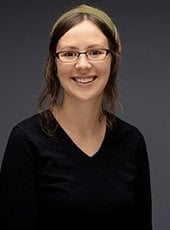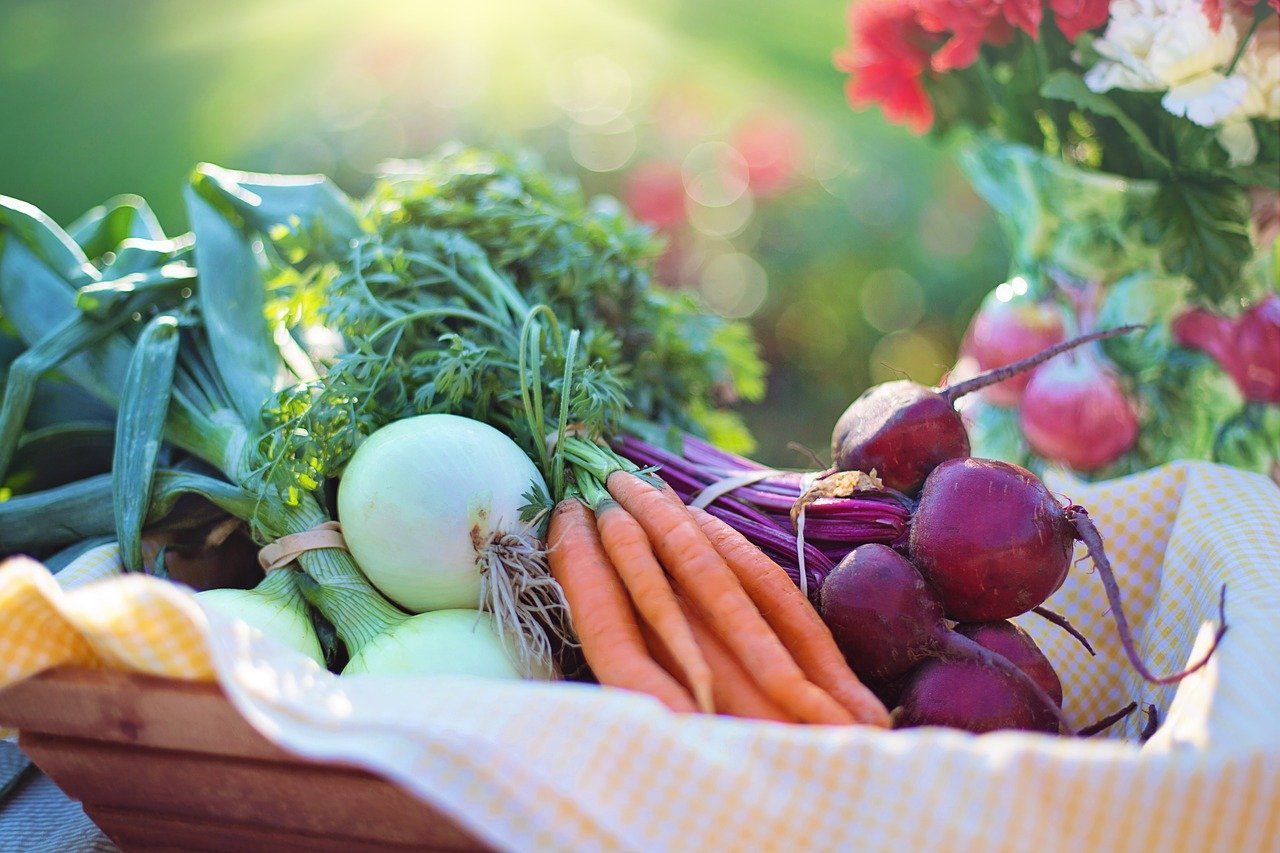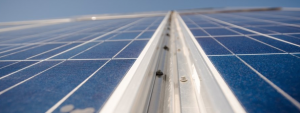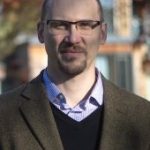Chelsea Schelly (SS) along with Emily Prehoda (EEP PhD Grad) and colleagues from The Nature Conservancy (Jessica Price) and Defenders of Wildlife (Aimee Delach and Rupak Thapaliya), have published “Ratepayer Perspectives on Mid- to Large-Scale Solar Development on Long Island, NY: Lessons for Reducing Siting Conflict through Supported Development Types” in Energies.
Mark your calendars for the virtual U.P. Clean Energy Conference from 2 to 4:30 p.m. (EST) Monday, November 9th. Read More…
 Chelsea Schelly was the featured speaker of the Upper Peninsula Environmental Coalition’s “This is it!” livestream. Topic- Intentional Communities: Living Sustainably with a Shared Purpose. The talk can be viewed on YouTube.
Chelsea Schelly was the featured speaker of the Upper Peninsula Environmental Coalition’s “This is it!” livestream. Topic- Intentional Communities: Living Sustainably with a Shared Purpose. The talk can be viewed on YouTube.
by Angie Carter, Social Sciences
 Growing from the Heart is a new grassroots initiative working to increase access to fresh, local, and nourishing food in Western UP communities this summer. Individual gardeners, groups, and organizations may sign up to be partners in this collective effort by growing food, making land available for food growing, or being a site for food redistribution.
Growing from the Heart is a new grassroots initiative working to increase access to fresh, local, and nourishing food in Western UP communities this summer. Individual gardeners, groups, and organizations may sign up to be partners in this collective effort by growing food, making land available for food growing, or being a site for food redistribution.
“This program is a beautiful way to share good energy with our community as we grow things from the heart and put that energy into that good food,” explained Kathleen Smith, Keweenaw Bay Indian Community (KBIC) enrolled member, Habitat Specialist at KBIC Natural Resources Department, and Keweenaw Bay Ojibwa Community College Board Member.
The Down to Earth Gardening Collective, a new food growing movement started by Michigan Tech students, believes that because food is a basic human need, the commodification and privatization of food leads to the commodification of human life. It hopes to challenge that notion and create a more communal food system by pooling our land, labor and love.
Information about how to sign up to grow and share food, or how to sign up to be a site for food redistribution, can be found on the Western UP Food Systems Council website. The Western UP Food Systems Council is a regional initiative supporting strengthened food systems in our region. We invite community members and organizations to join in this work of reconnection to our food, one another, and our home. As we grow and redistribute food, we work together toward food sovereignty for all. Questions can be emailed to wupfoodsystems@gmail.com.

2020 marks the 10th Year of the Green Film Series, renamed ‘Sustainability Film Series’ at the suggestion of two graduate students serving on the film selection committee. Jessica Daignault (CEE PhD candidate) and Ande Myers (CFRES MS student) suggested the new name as they felt it would sound more relevant to more people.
The Sustainability Film Series recently received a $700 donation from the Keweenaw Food Coop as part of their Bring a Bag Campaign which donates the savings from not having to purchase paper bags for customers, to local community organizations or programs.
“Purchasing public film screening rights can cost $250 to $500 for just one film, so this donation will be very helpful!”
The film series is co-sponsored by the Lake Superior Stewardship Initiative, Michigan Tech Great Lakes Research Center, Keweenaw Unitarian Universalist Fellowship, Keweenaw Land Trust, Michigan Tech Department of Social Sciences, and the Michigan Tech Sustainable Futures Institute.
Films are shown from 7 to 8:30 p.m. on the third Thursday of each month, in G002, Hesterberg Hall, Michigan Tech Forestry Building, January through May. Enjoy coffee, refreshments and facilitated discussion. (Save a dime, bring you own mug). There is no admission to the film but a $5 donation is suggested
- Jan. 16 – “Saving the Dark” (57 min.) 80% of the world’s population lives under light-polluted skies. What do we lose when we lose sight of the stars? Excessive and improper lighting robs us of our night skies, disrupts our sleep patterns and endangers nocturnal habitats. Saving the Dark explores the need to preserve night skies and ways to combat light pollution
- Feb. 20 – “Banking Nature” (90 min.) A provocative documentary that looks at efforts to monetize the natural world—and turn endangered species and threatened areas into instruments of profit. It’s a worldview that sees capital and markets not as a threat to the planet, but as its salvation—turning nature into “capital” and fundamental processes like pollination and oxygen generation into “ecosystem services”
- March 19, 6 p.m. – “Saving Snow” (57 min.) and “Between Earth & Sky,” (58 min.). The World Water Day opening event follows skiers, snowmobilers, sled dog guides and others who love and/or depend upon winter across the Midwest and Alaska who are struggling with a warming climate
- April 16 – “Seed: The Untold Story” (94 min.). For 12,000 years, humans have been cultivating seeds and building empires. In the last century, 94% of our seed varieties have been lost. As many irreplaceable seeds are nearing extinction, high-tech industrial seed companies control the majority of the world’s remaining seeds
- May 21 – “Seven Generations River,” (27 min.). A new Great Lakes documentary reveals how a Native American tribe, the Pokagon Band of the Potawatomi Indians in SE Michigan, is adopting scientific methods to preserve and protect its traditional culture and the river on which it relies. While never removed from their ancestral lands, the Pokagon are seeing their way of life fractured by encroaching development and land-use changes.
 Coal is the primary fuel source for Midwest electric utilities. Michigan Tech researchers found that increasing renewable and distributed generation energy sources can save Michigan electric consumers money.
Coal is the primary fuel source for Midwest electric utilities. Michigan Tech researchers found that increasing renewable and distributed generation energy sources can save Michigan electric consumers money.
As renewable energy technologies and access to distributed generation like residential solar panels improve, consumer costs for electricity decrease. Making electricity for yourself with solar has become more affordable than traditional electricity fuel sources like coal.
However, as the researchers contend in a new study, while utility fuel mixes are slowly shifting away from fossil fuels toward renewable sources, Michigan utilities, and U.S. utilities broadly, continue a relationship with fossil fuels that is detrimental to their customers.
Read the full story on mtu.edu/news.
Roman Sidortsov co-authored an article Sustainable Cybersecurity? Rethinking Approaches to Protecting Energy Infrastructure in the European High North published in Energy Research & Social Science, Vol. 51, pp. 129-133.
